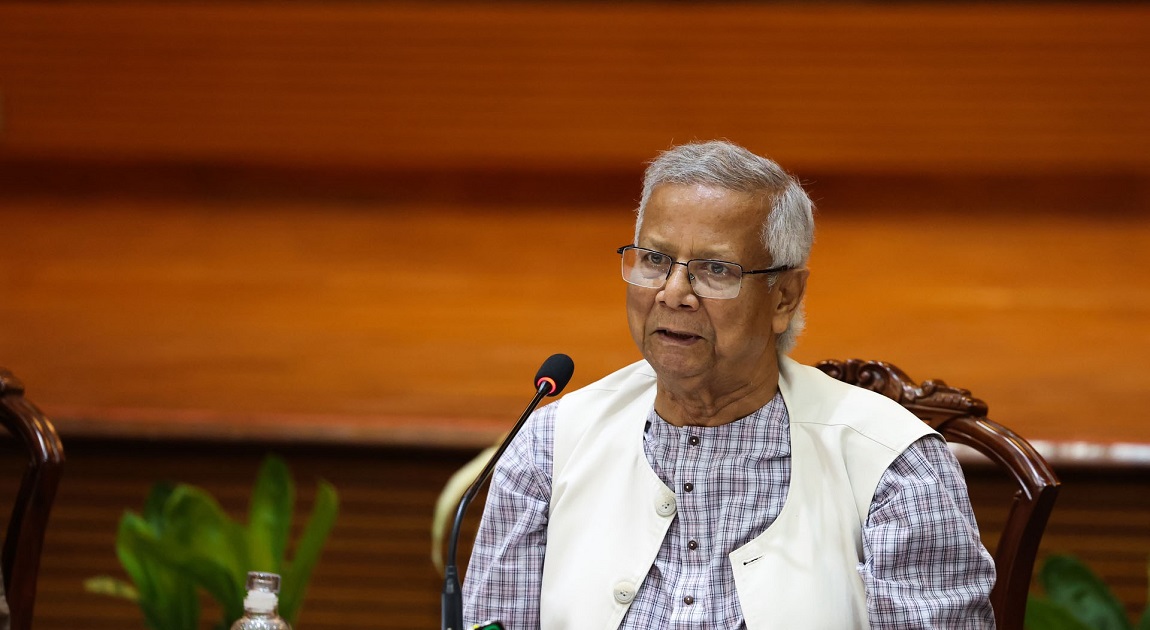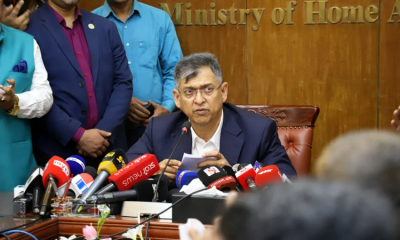Chief Adviser Professor Muhammad Yunus has emphasized the urgent need for Bangladesh to transition to cleaner, safer, and more affordable energy solutions as the country pursues sustainable economic development.
Speaking at a virtual conference on Thursday evening with Carl Page, Chairman of the Anthropocene Institute, and other experts, Prof. Yunus highlighted that Bangladesh, one of the world’s most densely populated and climate-vulnerable nations, cannot continue to rely heavily on fossil fuels.
“It is time for Bangladesh to seriously consider clean energy alternatives, including large-scale solar deployment,” he said.
Carl Page discussed recent advances in next-generation nuclear technologies and hybrid systems, which provide reliable, zero-carbon power. He pointed out that barge-mounted nuclear reactors are cost-effective, low-maintenance, and capable of supporting Bangladesh’s growing industrial sector for decades.
“Nuclear power is no longer a taboo for major development financiers like the World Bank,” Page added, noting that countries such as Indonesia are already adopting these technologies to meet rising energy demands.
Page also stressed that Bangladesh, with its strong track record of innovation, is well-positioned to lead the clean energy transition, generating benefits such as job creation, energy price stability, and enhanced industrial competitiveness. “Bangladesh can serve as a strategic hub for emerging technologies and a peaceful leader in atomic innovation,” he said.
Prof. Yunus noted that the interim government recently introduced a national power policy aimed at accelerating solar energy adoption. While acknowledging the potential of nuclear power, he emphasized that any decisions would require thorough research and feasibility studies.
“We will certainly explore these opportunities, but in-depth studies are needed,” he said. “There is no question that Bangladesh must drastically reduce its dependence on fossil fuels.”
The virtual meeting was also attended by Chowdhury Ashiq Mahmud Bin Harun, Executive Chairman of the Bangladesh Investment Development Authority (BIDA), and Lamiya Morshed, Senior Secretary and SDG Coordinator.










-20260225072312.webp)







-20260224075258.webp)












-20260219054530.webp)
-20260218060047.jpeg)
